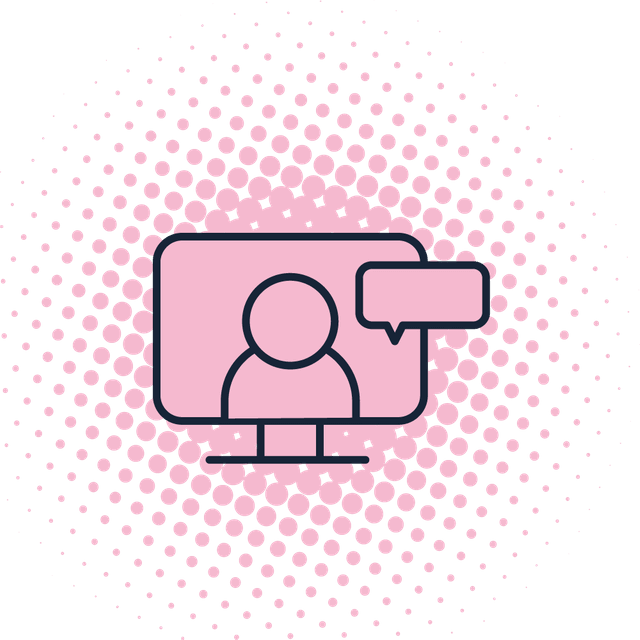“Consumerization of healthcare.” It’s a term that been thrown around a lot when talking about the future of the healthcare industry. But is it really relevant to your practice?
The Consumerization of Healthcare is a shift in focus on the individual consumer rather than the market as a whole. And according to many healthcare industry experts, it’s inevitable. According to The Institute for HealthCare Consumerism, “consumerism in the healthcare industry is an inescapable growing trend.” This article from U.S. News also supported the inevitability of the shift, as well as the benefits it could have for the industry:
“The convergence of medicine and technology is inevitable, and as big data and analytics take hold of other industries – manufacturing, entertainment, education, etc. – it has the potential to equally benefit the health care field.”
In today’s always-connected world of big data, patients are expecting more from their healthcare providers than ever before. They’re expecting a personalized approach to their health and interactions with medical professionals. It’s no surprise that technology has been one of the primary drivers of this consumerization shift, and will continue to drive consumerization of healthcare.
Technology is altering healthcare expectations, especially for millennials:
“My generation does not accept the age-old mindset of “accept what you get healthcare”; we expect personalized services focused on us, the consumers – in short, consumerization. Today, digital technologies can enable real-time health updates, acquire and analyze medical data, and streamline the process of administering healthcare...
“…Consumerization is inevitable and its effects on the healthcare industry will be dramatic and highly profitable for large companies and smaller startups, while directly benefiting the individual patient.”
Adam Kershner, Digital Health Fellow, Elevar
Technology has created higher expectations of healthcare providers to provide ease of access to information, the ability to easily and quickly schedule appointments, and to provide personalized service to individual patients.
Wearable devices are also shifting the way people view their health and are creating greater access to beneficial healthcare data for everyone. Integrating a patient’s electronic health records with the data from wearable devices, creates the potential “to streamline a patients’ medical experience and more accurately predict health problems.” This is great news for both patients and doctors.
As tech continues to play a huge role in the fast-evolving consumerization of healthcare, startups are making this shift easier than ever before for healthcare providers. At Luma Health, we give healthcare providers the opportunity to provide personalization to patients while saving you time and money. We offer automated waitlists, cancellation management, appointment confirmation texts, referral management, patient recall, and more.
Consumerization for larger healthcare organizations takes on a very different meaning. Certainly, all health care providers need to tailor and personalize medicine. However, larger organizations have access to a much larger data set of patients, which they can and will start to use to better understand patient behavior.
For example, based on our own scheduling data at Luma Health, we can now predict when a patient will cancel an appointment, as well as when a patient is at risk of not following through on their plan of care.
If a patient responds with a negative feedback following an appointment, they are 1.6x more likely to cancel their follow-up appointment. For patients with less than 4 previous visits, after responding with negative feedback, they will leave the practice altogether.
What we will begin to see with larger healthcare organizations is the utilization of this data. They’ll begin to do targeted outreach to patients to better keep them engaged. This is very similar to behavioral targeting. Organizations will soon make the shift to understand their patients’ behaviors, see them as consumers, and tailor their interactions with patients to maximize patient health outcomes, satisfaction, and cost.

If you’re looking to improve your telehealth offering, this on-demand webinar shares some best practices.
You should be paying attention. The consumerization of healthcare isn’t just a fancy buzzword. It is a shift in the healthcare industry that greatly affects the future of your practice, and it has the ability to positively redefine the healthcare industry as a whole.
You can begin by focusing on the individual patient. How can you make shifts that personalize your patients visits? How can you give your patients greater control of their healthcare? Start by making shifts that utilize technology to create an easier and better overall experience for your patients.
Ready to make your patient experience more personalized while saving your staff a ton of time? We can help!
Get started with Luma Health today! Luma Health works with many of the leading EMRs and PMs, offering automated waitlists, cancellation management, appointment confirmation texts, referral management, patient recall, and more. We save you time and money so you can do more of the things that really matter.
Tashfeen Ekram, MD, is a radiologist, self-taught coder, healthcare innovator and Co-Founder of Luma Health. Contact him on Twitter at @tashfeenekramMD.






